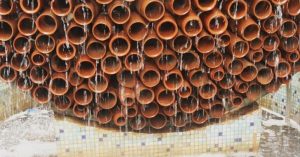Unique SDG School by Maker’s Asylum Offers 9 Solutions to Solve Issues & Meet UN Goals
The 12th edition of the SDG School by Makers Asylum is a social innovation program that offers 9 solutions towards UN Goals.
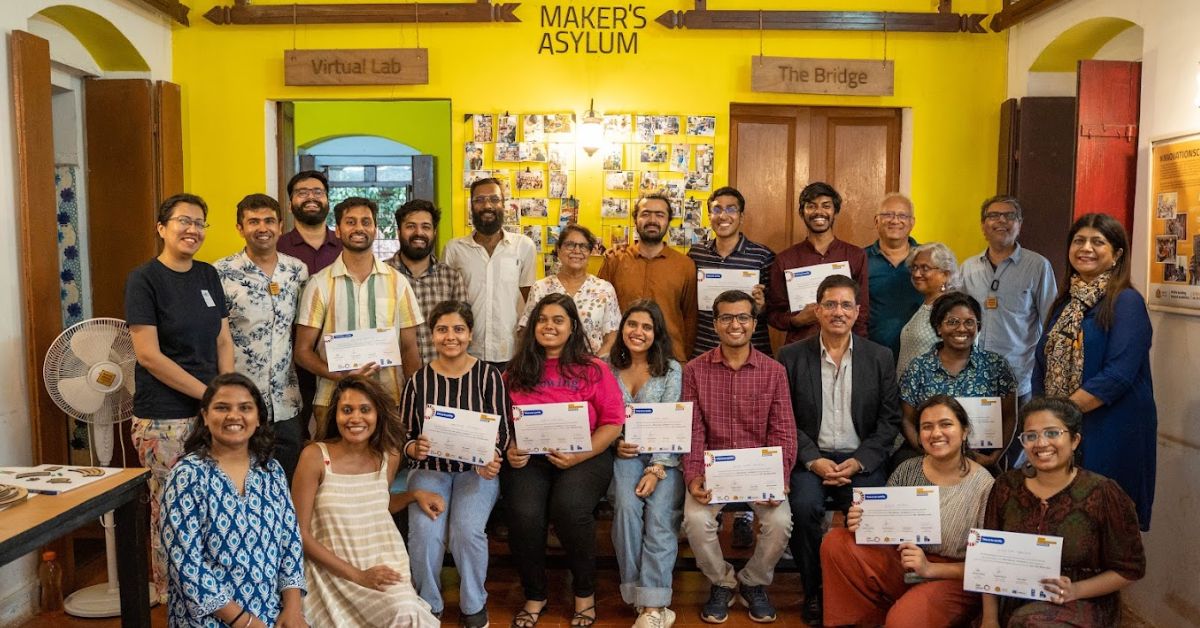
This article has been published in partnership with Maker’s Asylum.
Since 2013, a community maker space ‘Maker’s Asylum’ has encouraged thousands across India to collaborate and innovate in the spaces of Science, Technology, Engineering, Art, and Math (STEAM) through several programmes and its core value of “learning by making”.
Among these programmes is the SDG School — a remarkable platform that engages with the youth in capacity building, and encourages innovation in sustainable development goals set by the United Nations. In multidisciplinary teams, they work on a host of ideas and solutions that cut across sectors like healthcare, education, energy, waste management, and more. Moreover, this school is open to all.
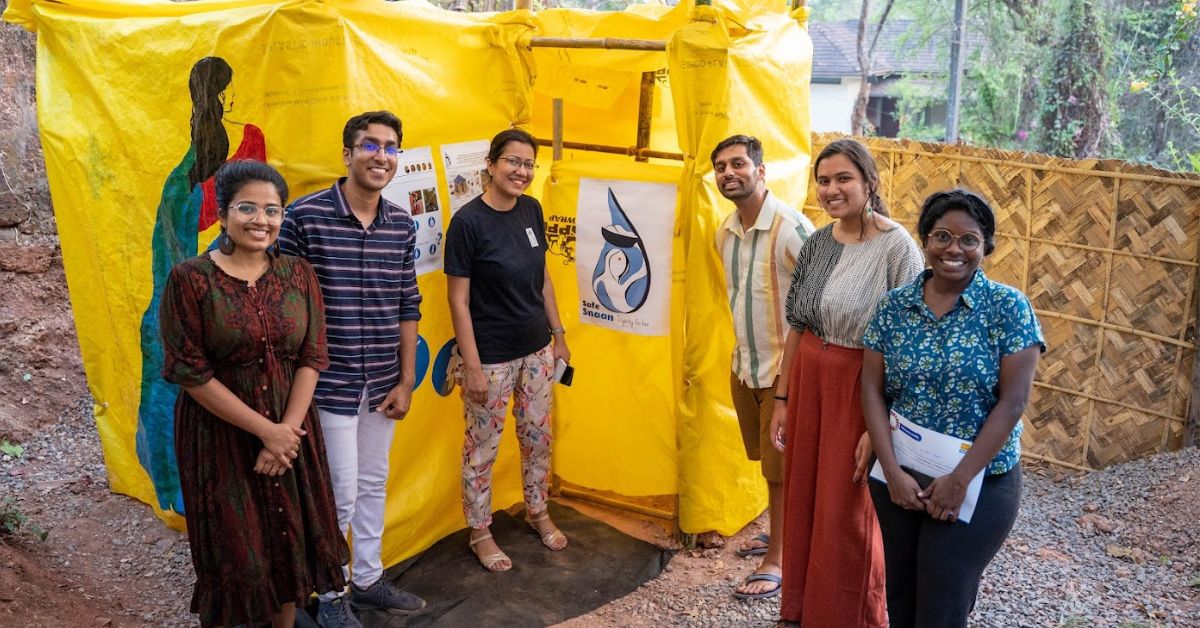
Over the years, the program has been conducted as a hackathon to engage young people — at the UNESCO headquarters in Paris, in Mumbai, and Grenoble, France. Since 2021, UNDP also joined as an impact partner. Even during the peak of the pandemic, the program continued in the virtual form, embarking on a more immersive and sustainable journey. This, in turn, has meant more impact and a greater pool of social innovations.
In February this year, Maker’s Asylum launched a hybrid version of this programme in collaboration with UNDP India, UNESCO and The Better India to conduct a 10-day virtual bootcamp, followed by a 4-day physical acceleration residency. The aim is to generate solutions with respect to 11 sustainable development goals (SDGs) — quality education, responsible consumption and production, climate action, gender equality, good health and well-being, clean water and sanitation, sustainable cities and communities, partnerships for goals, reduced inequalities, decent work, and life on land.
As many as 50 people from several countries participated in this program. Here are the project highlights for the 2023 cohort.
Black Gold Diggers
The participants tackled the lack of awareness among school children about reducing food wastage by introducing a fun and interactive game. ‘The Black Gold Game’ was designed to empower students to foster collaborative action to drive food waste mitigation via composting methods.
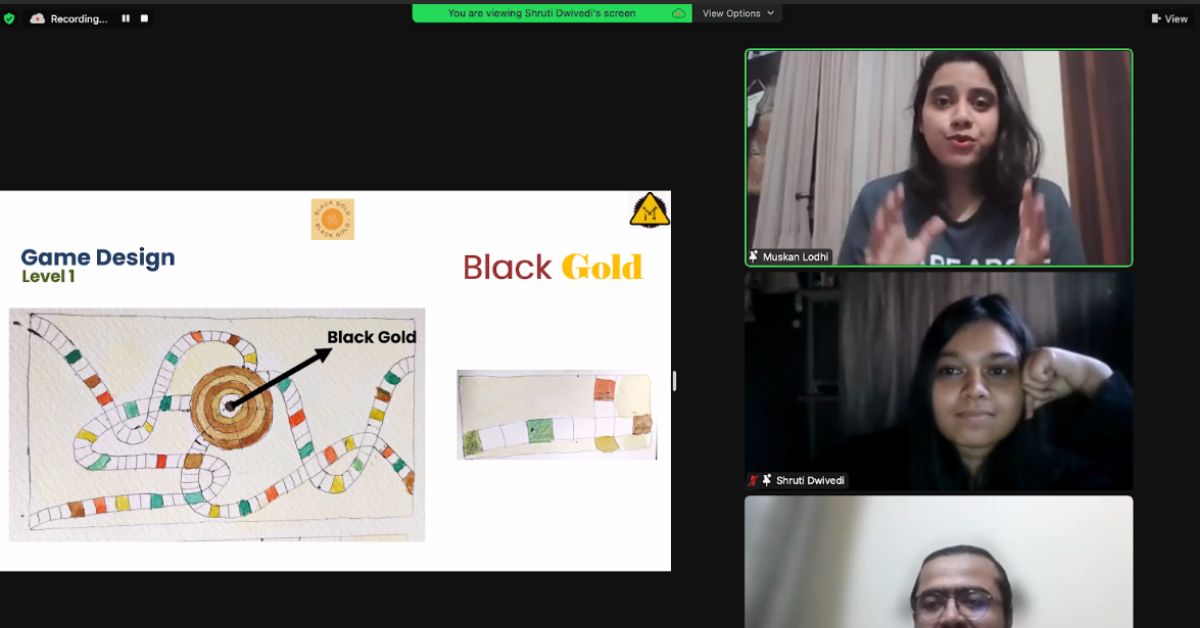
Safe Snann – Dignity for her
Migrant women residing in urban construction sites lack access to safe, private bathing spaces, resulting in unhygienic and unsafe living conditions. These women may not be empowered to take decisions to improve their sanitation needs in a male-dominated construction site. To address this problem, the participants proposed DIY women-only bath houses to improve hygiene, agency and safety among women labourers.
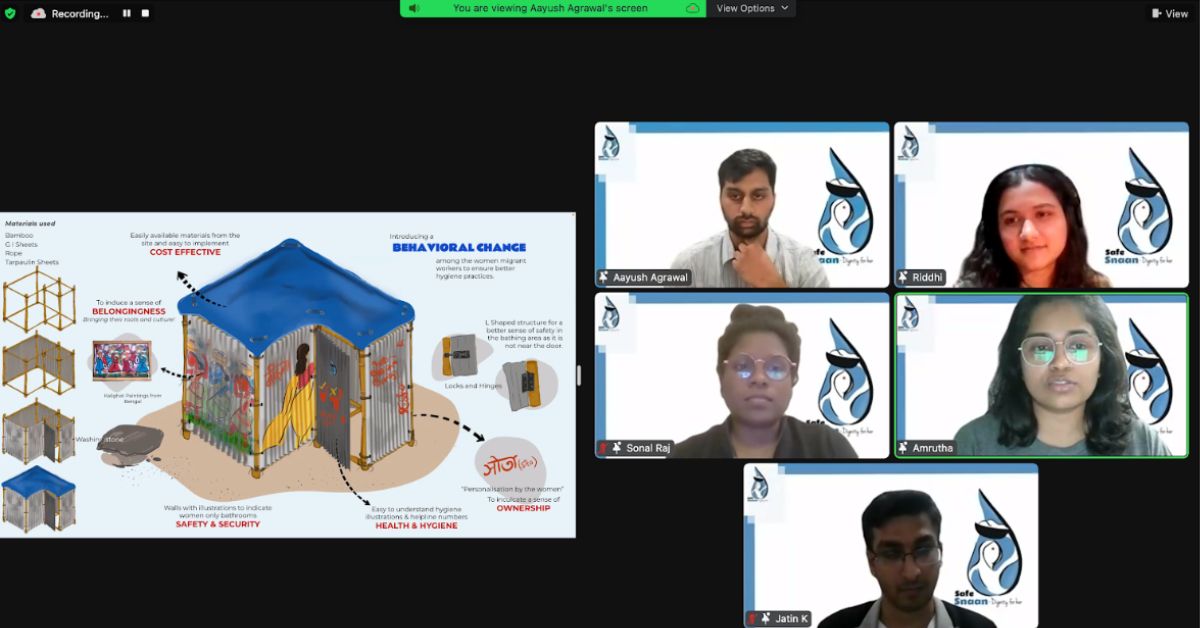
Preset
The improper disposal of medicine strip and blister pack waste poses a significant environmental challenge. For this, participants proposed a user loop that collects empty medicine strips at the source and repurposes them into useful lifestyle products. In the second phase, they proposed a cost-effective and sustainable plan to remanufacture the aluminium component from the medicine packs into aluminium sheets that can be used to construct shelter roofs for stray animals. The sheets are weather-resistant and water-resistant.
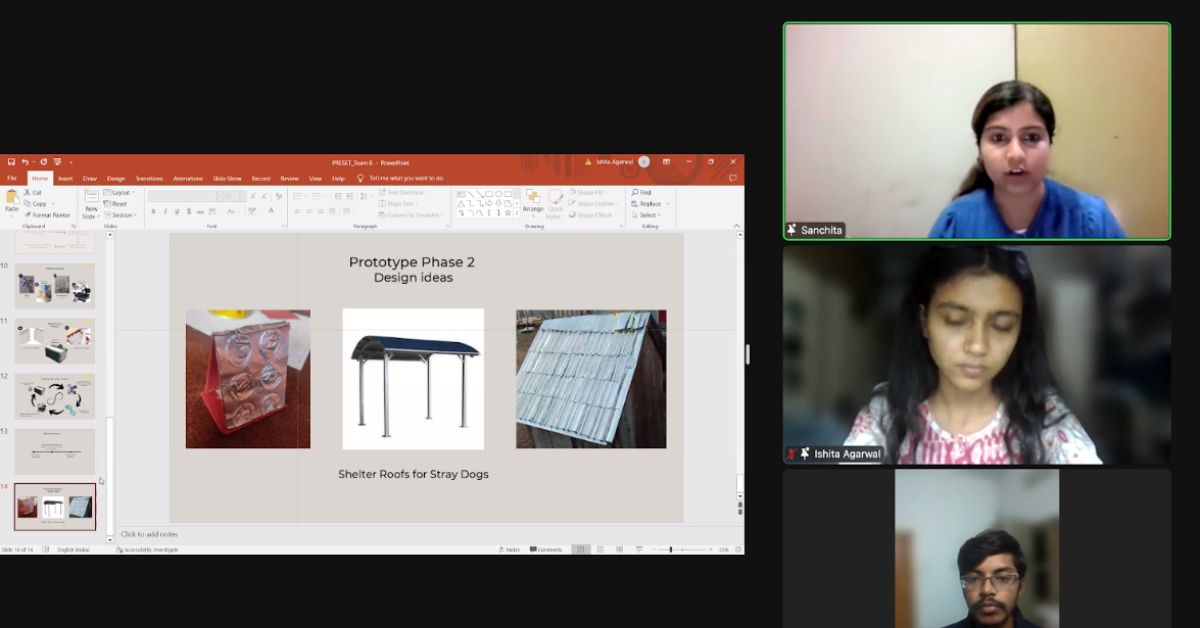
Quad squad
Many girls in the upper primary, secondary and higher secondary levels of education drop out of school as they do not have access to better education opportunities and safe spaces, which affects their overall well-being. The participants proposed to connect rural school dropouts and adolescent girls with an online community platform to help them achieve a sustainable future.
Second Chance
The project was focused on the growing addiction to vaping and e-cigarettes among the young urban Indian population. The participants suggested the development and execution of an intervention program that would raise awareness about the health hazards associated with e-cigarette usage, and offering tools and assistance to decrease or stop its consumption.
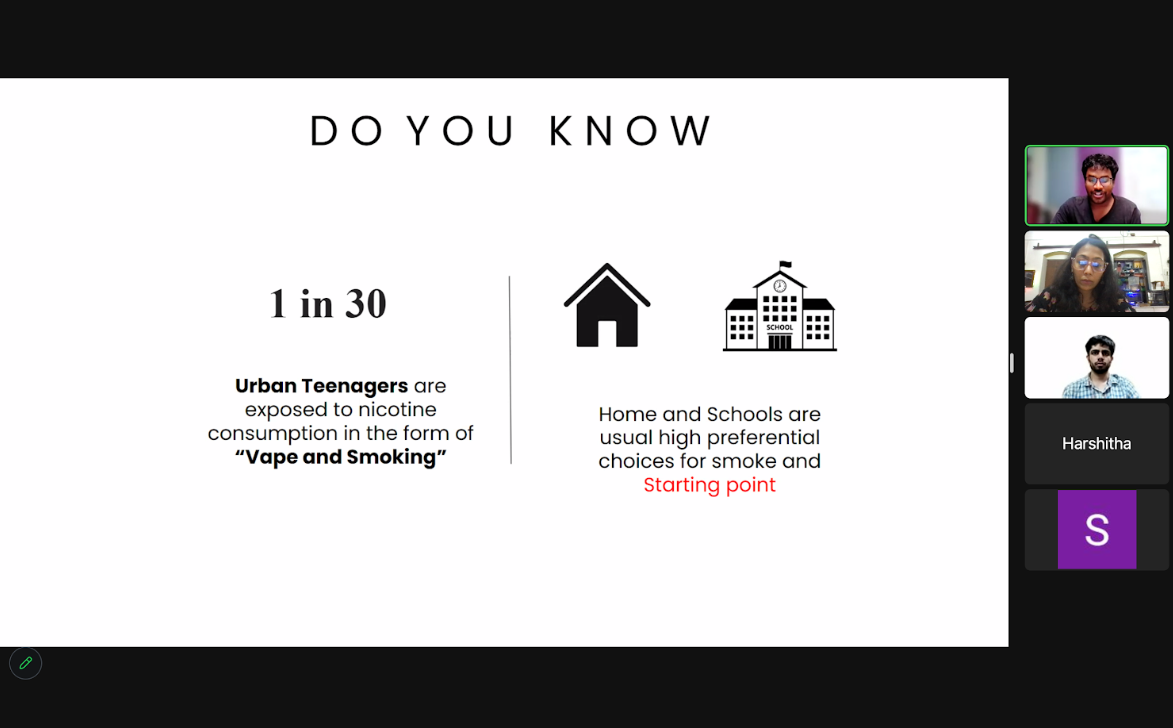
Wrapkin
The unavailability of proper facilities for the disposal of menstrual products is a problem, especially in the common washroom cubicles in hostels. To address this issue, the participants plan to design a paper to properly wrap soiled napkins before disposing of them in the dustbin.
The paper will be placed in the washroom as a roll, and users can easily tear off the required amount, wrap the napkin, and fold it using the folding instructions provided on the paper. It will come with a pleasant fragrance, have disinfectant properties, and also be leak-proof and easily decomposable.
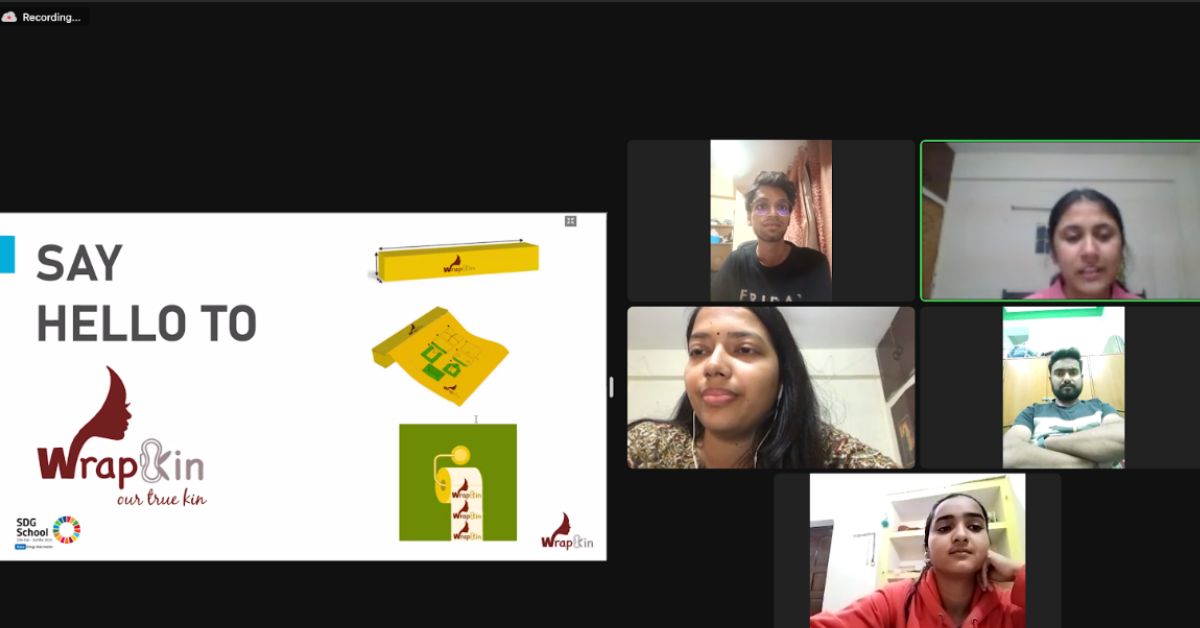
GreenPEACE Warriors from Banana Brigade
Dumping banana stems in large quantities causes soil degradation and pest infestation in the fields. Participants proposed using the banana stem as a sustainable packaging solution. These will imbibe the stems’ biodegradable and durable aspects.
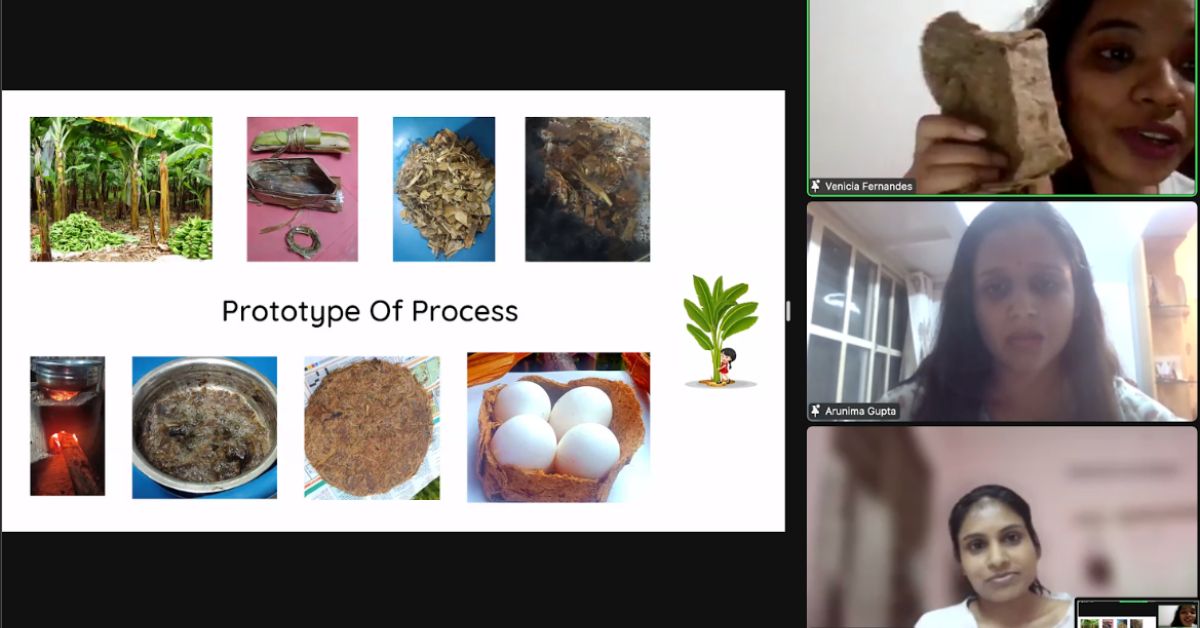
Flush it
To find solutions to decrease the amount of water used per flush, participants picked a solution inspired by the story of the crow drinking water from a pot by putting pebbles.
They started putting water bottles filled with pebbles and sand inside the water tank, which decreased the volume of the water in the tank. They applied this technique in their homes and neighbourhoods, saving close to two litres of water.
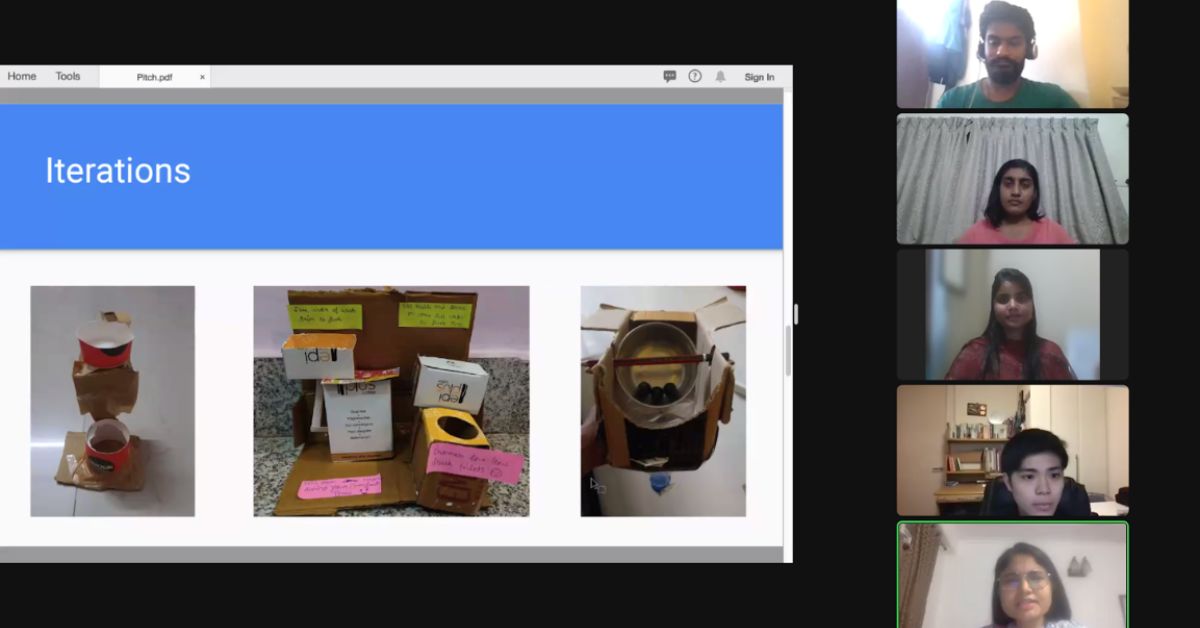
Water Samurai
There is increased wastage of water due to the mismanagement of urban infrastructure and irresponsible human behaviour. In a bid to promote responsible consumption of water in hostels, offices and schools, the participants proposed using a water sensor to send alerts to the user’s smartphone to bring a behavioural change.
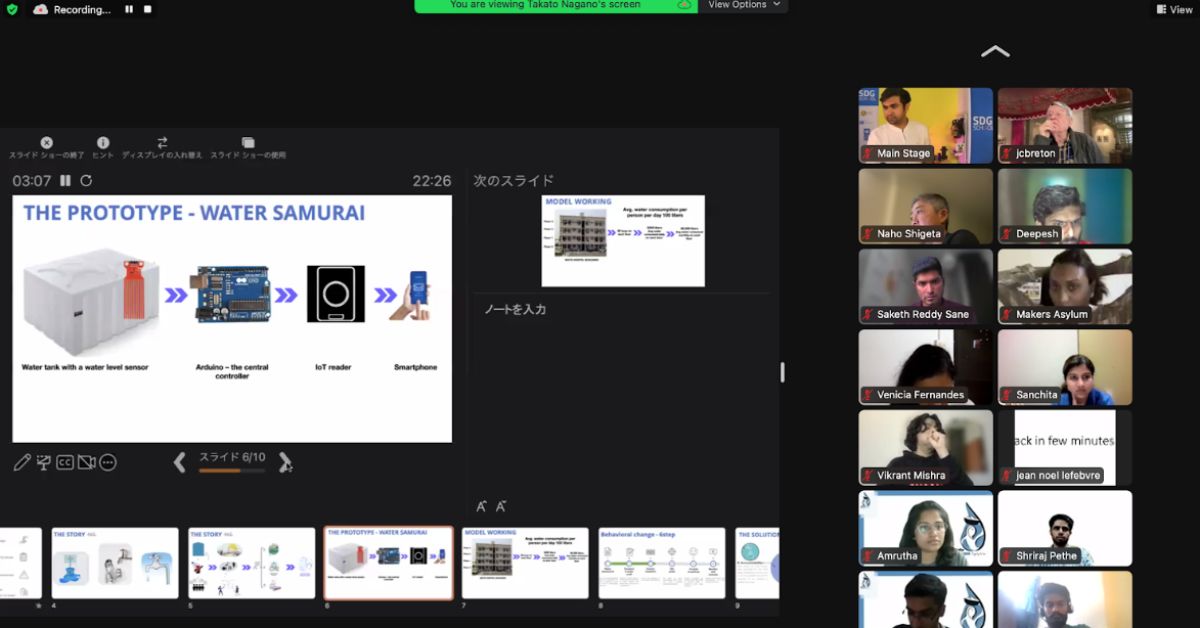
These innovations are made possible as a community effort. The program partners and community play a critical role in creating grassroot change through resources, problem statements, financial support and expertise towards capacity building for the youth to facilitate the achievement of the SDGs. To partner with Maker’s Asylum on SDG School, write to [email protected].
Apply for the July cohort @ http://www.makersasylum.com/sdg-school to participate.
If you found our stories insightful, informative, or even just enjoyable, we invite you to consider making a voluntary payment to support the work we do at The Better India. Your contribution helps us continue producing quality content that educates, inspires, and drives positive change. Choose one of the payment options below for your contribution- By paying for the stories you value, you directly contribute to sustaining our efforts focused on making a difference in the world. Together, let’s ensure that impactful stories continue to be told and shared, enriching lives and communities alike. Thank you for your support. Here are some frequently asked questions you might find helpful to know why you are contributing?

This story made me
-
97
-
121
-
89
-
167




